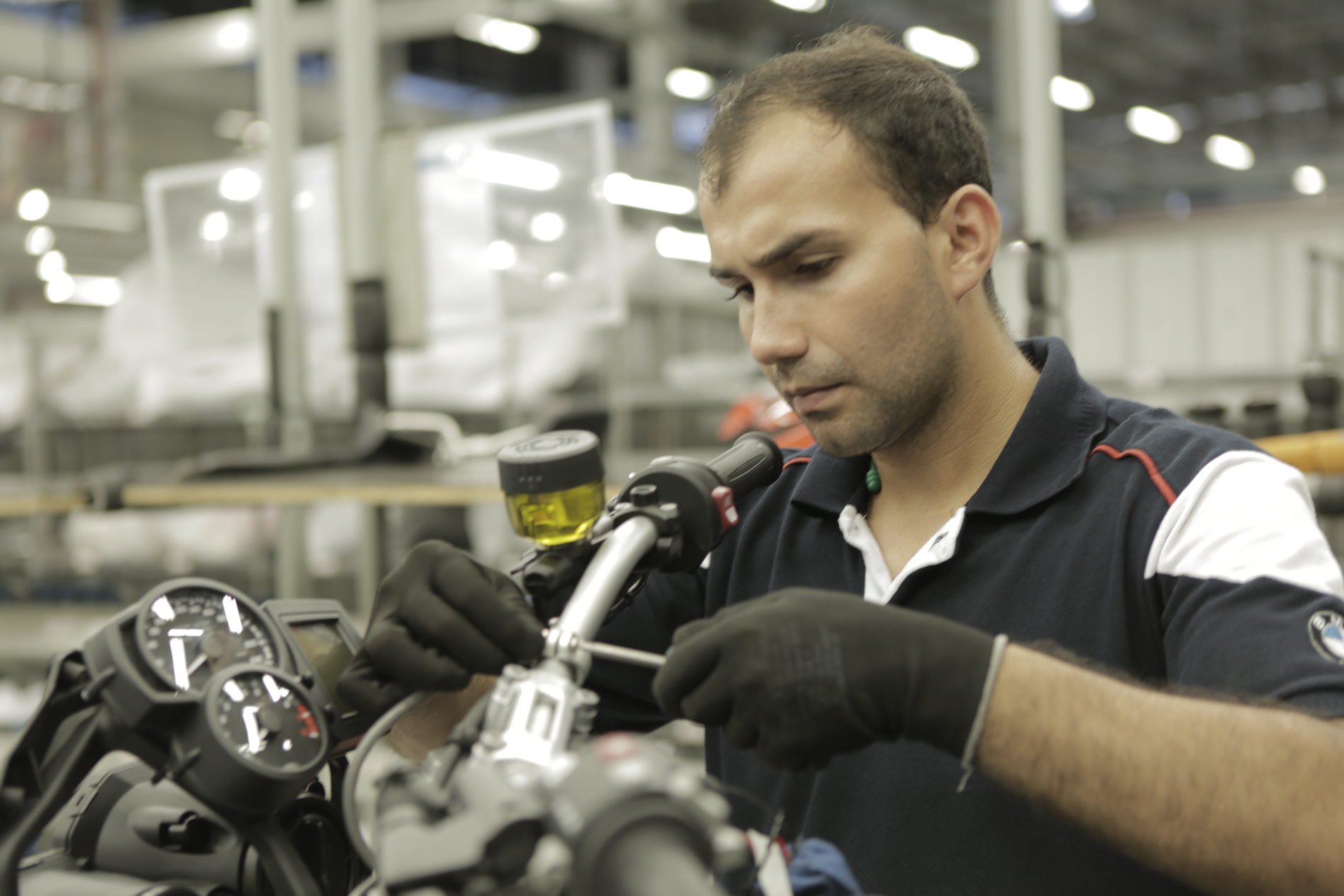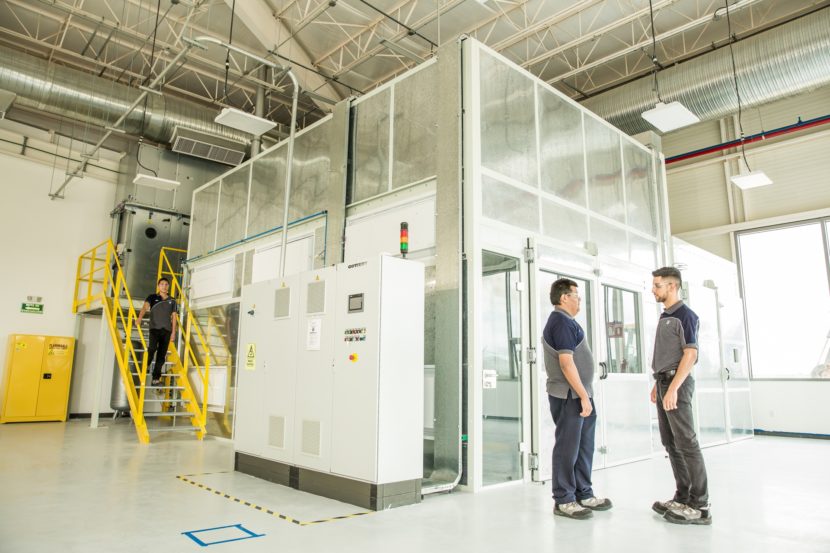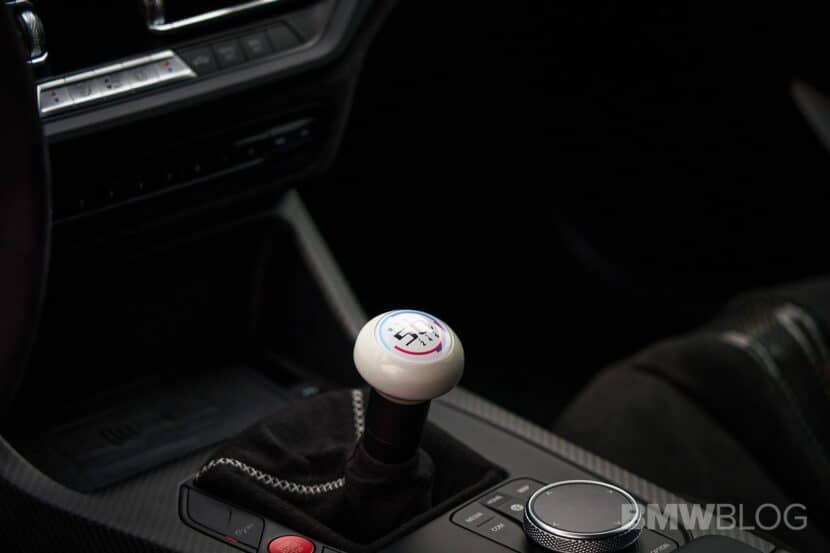The shift from internal combustion engines to electric motors implies a lot of structural changes. Naturally, car makers install different hardware inside their cars, be it on special platforms or shared ones, but the people actually doing the work, need to be trained.
Then there’s the after sales departments, where dealerships need to have properly trained mechanics and electricians to handle the new requests and so on.
BMW has apparently already started the process of adapting to the new demands in the market. According to Pieter Nota, Member of the Management Board for Customer, Brands, Sales, the Bavarian car maker already has about 46,000 trained employees in the field:
“The ramp-up of e-mobility is bringing about changes in very different areas – from vehicle development to sales. Of course, this also requires our employees to adapt. That’s why we have geared our training and further education toward this topic. For example, we have already trained over 46,000 employees in the field of e-mobility.”
According to him, this represents over a third of the BMW contingent and there are plans to ramp up the efforts in the future. Of course, during the pandemic, the courses had to be stopped but now that people are returning to work, the process can resume.
“This shows the importance of this topic even during the Covid-19 pandemic. For example, “Blitz” training courses on the safe handling of high-voltage systems are absolutely essential for worldwide production and ramp-ups in our plants, as well as for our dealerships, where over 33,000 “Blitz” training courses have already been held,” added Nota.
The switch to electrified cars (this include PHEV and EV models) alongside other measures, such as using gasoline made by extracting CO2 from the atmosphere are all meant to reduce emissions and harmful elements in our environment and slow down the climate change process.
Whether it will work or not remains to be seen but it’s good to know that companies are doing everything they can in this regard.






































































